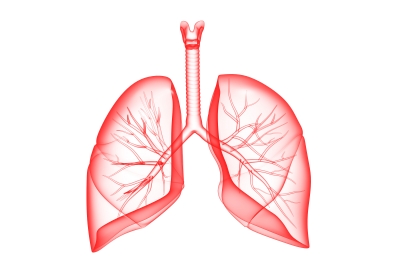Screening Patients for Cystic Fibrosis
Screening Patients for Cystic Fibrosis

Image courtesy of dream designs at FreeDigitalPhotos.net
Previously, potential parents were tested for the cystic fibrosis gene only if they were considered especially at risk for passing on the disease. Doctors are now routinely ordering the test for partners wanting to have their first child or add to their family.
Screening Patients for Cystic Fibrosis
The test can be performed after the time of conception to see if your baby is at risk for cystic fibrosis. This disease cannot be treated before the baby is born. Your doctor can perform more tests on your baby as the baby develops. Testing done before birth will help you consider the best choices for raising and treating your unborn child.
If you are concerned you or your partner may be a carrier of the mutant cystic fibrosis gene, a sample of blood or saliva from you and your partner can be screened. There are some mutations of the genes that will not show up on this early test. In rare cases, a test may be returned as normal but the person may still be a carrier. This happens rarely but can occur in some patients.
The standard test for diagnosis cystic fibrosis is the sweat test. This test measures the amount of sodium in the person’s sweat. An abnormally high-level can be a sign the person has cystic fibrosis. A small amount of an odorless chemical is applied to a small area of the body and an electrode stimulates a mild electric current passes over that spot. It is normally painless; you may feel a tingling or warm feeling because the electric shock is mild. The sweat is collected from the area and sent to a lab for analysis. This sweat test is performed on two samples to make sure a false positive or false negative does not occur. If the sweat collected has a high-level of sodium (salt) it can suggest the patient has cystic fibrosis. This test will not decide how severe the disease will be in the individual and it cannot predict how the person will do with treatment.
The sweat test is not a useful tool in diagnosing newborn babies for cystic fibrosis. Most babies do not produce enough sweat in the first month of life to get an acceptable sample. Sweat tests are normally performed when the infant is two to three months old. If your baby is considered high risk for developing cystic fibrosis, the doctor may want to test the baby as well as any siblings in the family. There are other tests available to use on newborn and infants. These test can measure how well the pancreas, liver and the lungs are working.
Cystic fibrosis is an inherited disease. Testing may be suggested for other family members. First cousins may want to be tested to see if they are carriers of the mutant cystic fibrosis gene. If there is a history of cystic fibrosis in a family you may want to seriously consider genetic testing before you start your family or add to your existing family.


